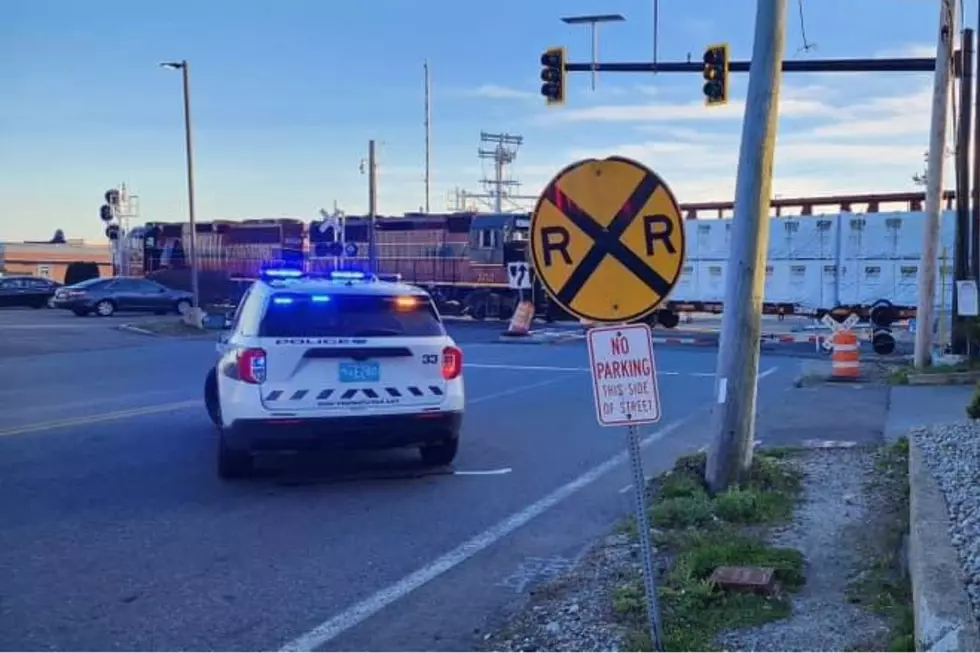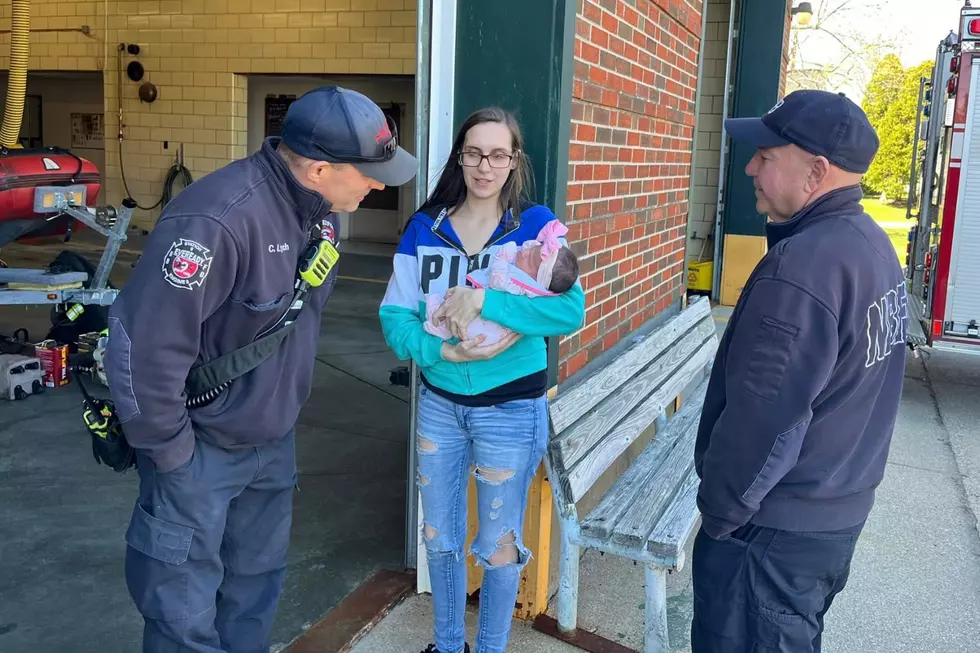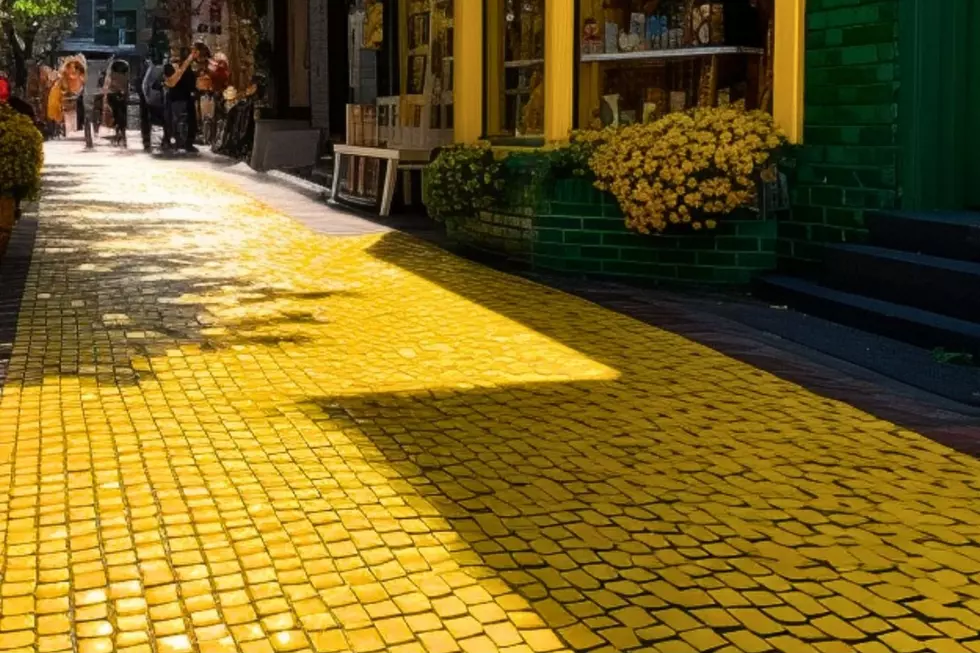DaSilva Hughes: Immigration Reform a ‘Political Football’
The battle for immigration reform rages on in Washington, D.C., with President Donald Trump set to announce his new plan on Monday.
Trump's plan is said to include a pathway to citizenship for nearly two million immigrants brought to the United States illegally as children, the so-called "Dreamers" currently protected under DACA. In exchange, the Trump Administration is asking for $25 billion to fund a wall along the U.S.-Mexico border, as well as an end to the diversity lottery system, as well as ending "chain migration," allowing family members of immigrants to move the U.S.
Speaking with WBSM's Barry Richard, Executive Director of the Immigrants' Assistance Center of New Bedford Helena DaSilva Hughes called immigration reform "a political football," noting it has been discussed in Washington for the past 20 years.
"Both parties use it as a political football," she said. "They get elected, and then nothing is done. This has been going on for so long now. Meanwhile, we're seeing students who are DACA recipients, and they're seeing their parents deported while they have to stay with a friend so they can finish school. Every day, we're hearing about the families of DACA recipients getting picked up.
"Congress is playing with people's lives, and that's the sad thing about it. What they're doing is trying to get elected," she said.
DaSilva Hughes said she is heartened by the fact that border security, in some form, is part of the discussion of immigration reform and will be a requirement of the Trump Administration in any deal for DACA recipients.
"You can't have an immigration reform bill without securing the border. I think that's something we all agree on," she said. "Because if not, we're going to be back in the same way that we are again, years from now."
DaSilva Hughes said she does not believe there is a need to have a physical wall with today's modern technology of drones and surveillance cameras, but said she would accept the wall if it meant there would be a path to citizenship for the DACA recipients.
"And that's one of the things that's important to mention. It is not a path to citizenship, it is a path to legalization," she said. "Only legal permanent residents can become citizens of the United States. What we want is a bill that will give DACA recipients that path to legalization, to get a green card, and then they can apply for citizenship and go through that process."
DaSilva Hughes also said she thinks the idea of "chain migration" has been misconstrued because it's mostly about immediate family members and not extended members like aunts, uncles, and cousins.
"I think 'chain migration' is actually family reunification," she said. She noted that she came to the United States from Portugal at age 10 through so-called "chain migration," as her father's sister was a U.S. citizen and petitioned for DaSilva Hughes' father to come to the United States.
"He came here, he got a green card. He worked almost two years to make enough money to petition for his wife and seven children to join him," she said. "So he became a citizen, my mom became a citizen. Eventually, we all became citizens."
DaSilva Hughes also said she doesn't believe New Bedford will ever become a so-called "sanctuary city," because it would never harbor illegal immigrants known to have commit crimes. "They will allow them to come in and arrest them," she said.
She said having an immigration reform bill that requires a background check to make sure the person has no criminal history, as well as ensuring they are paying taxes to contribute for all the services they are receiving by being here, should be the focus.
However, she doesn't expect anything to happen anytime soon.
"Right now, the way Congress is, I don't think anything is going to happen," she said. "I don't think anything will happen until the next election, until November. They're going to play with this back and forth because nobody wants to meet in the middle right now."
More From WBSM-AM/AM 1420









